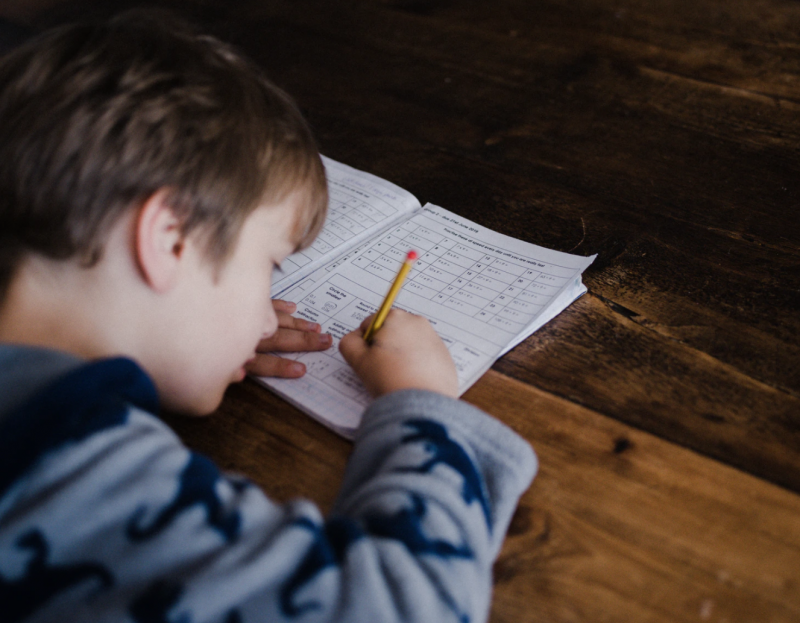1. Don’t expect too much too quickly
The entire country is going through a massive change without much warning so please don’t put pressure on yourself to become the perfect educational professional overnight. It’s going to take a lot of families time to get their head around these changes and that’s absolutely fine. Set realistic expectations for yourself and your child(ren.) If you’re getting through the day and everyone’s eaten, hopefully learnt something new and had time to relax, then you’re doing just great.
2. Put in a structure as your top priority
Even above what’s actually being learnt- the most important thing to first get to grips with is a structure. If you and your family can keep getting up, getting dressed and having breakfast at the same time, that’s fantastic. Use your children’s school time table to help break down the day. Try to follow the same pattern for learning as they would normally have. Of course this will look different from home and if you’re still working, then of course you don’t have as much time as teachers would. If they would normally have English they can be reading though. If they would normally have maths, they can use Khan Academy etc.
3. Play to your strengths
No one is an expert in everything. Most of us know more than we think though! If you’re a brilliant cook, or good with maths, or a word search guru – take the time to teach your children what you know. Not worrying about the national curriculum is a really hard lesson to unlearn but taking the time to teach children what you’re confident in, is a great use of your time and will hopefully boost your confidence that you can home school with success.
4. Use your child’s school resources
Along with your child’s school timetable, they will hopefully be sent home with at least a few other resources. That might be online sites, like Maths Watch, or school reading books – but whatever it may be, make these your first port of call. A lot of teachers and educational staff are still working incredibly hard to make sure children are well supported, so take advantage of that.
5. Get a professional in to help you
One of the best things to do is to get a tutor in to support you with home schooling. This might be via online tuition for the moment, but our team of educational experts are still here and willing to do everything we can to support you. Tutoring can take part of the pressure out of your day, as you can focus on work/ take a breather – knowing that a specialist in their subject is guiding your child through their learning.
6. Exercise is really important
No one can learn or work at their best without proper exercise and it’s important that that’s something we keep doing. Children normally get to run around and burn off some steam at break and lunch time- so keep that built into your structure. If you have a garden then take advantage or make sure you’re heading out to nearby parks. The National Trust have also said that they’re removing any pay restrictions to their premises to give people the opportunity to still enjoy the great outdoors at this challenging time.
7. Try not to over rely on tech
The temptation to rely on tech can be particularly prominent at the moment but, if at all possible, please don’t just throw an i-pad your child’s way and hope for the best. Spending time reading and writing is massively important, as is the need for more engaged and active learning.
8. Be truthful with your children
Everyone is doing their best at the moment, but you have to be honest that you’re not a teacher and that you have other things that you need to do in your day – whether that be work or/ and household responsibilities. That’s why setting a structure is the number one priority for both you and your children, so that they know what they can expect from you.
9. This is the moment to learn life lessons
The national curriculum is all well and good, but this is an opportunity to teach your children so much more. They’re suddenly at home all day so, if possible, teach them how to clean, how to iron, to cook, do an online shop… depending on their age, there are such important life lessons to be learnt. Taking the time to teach them now could really help take the pressure off over the coming weeks. Trust me, this is an important form of home schooling!
10. Enjoy learning again yourself
As I said at the very beginning, no one should expect you to be an educational expert; so take the time to learn with your children. Go on a journey of discovery yourself and learn alongside them.
If you are interested in home tutoring or would like some advice on homeschooling your child, just drop me an email on joanna@choicehometutoring.co.uk

